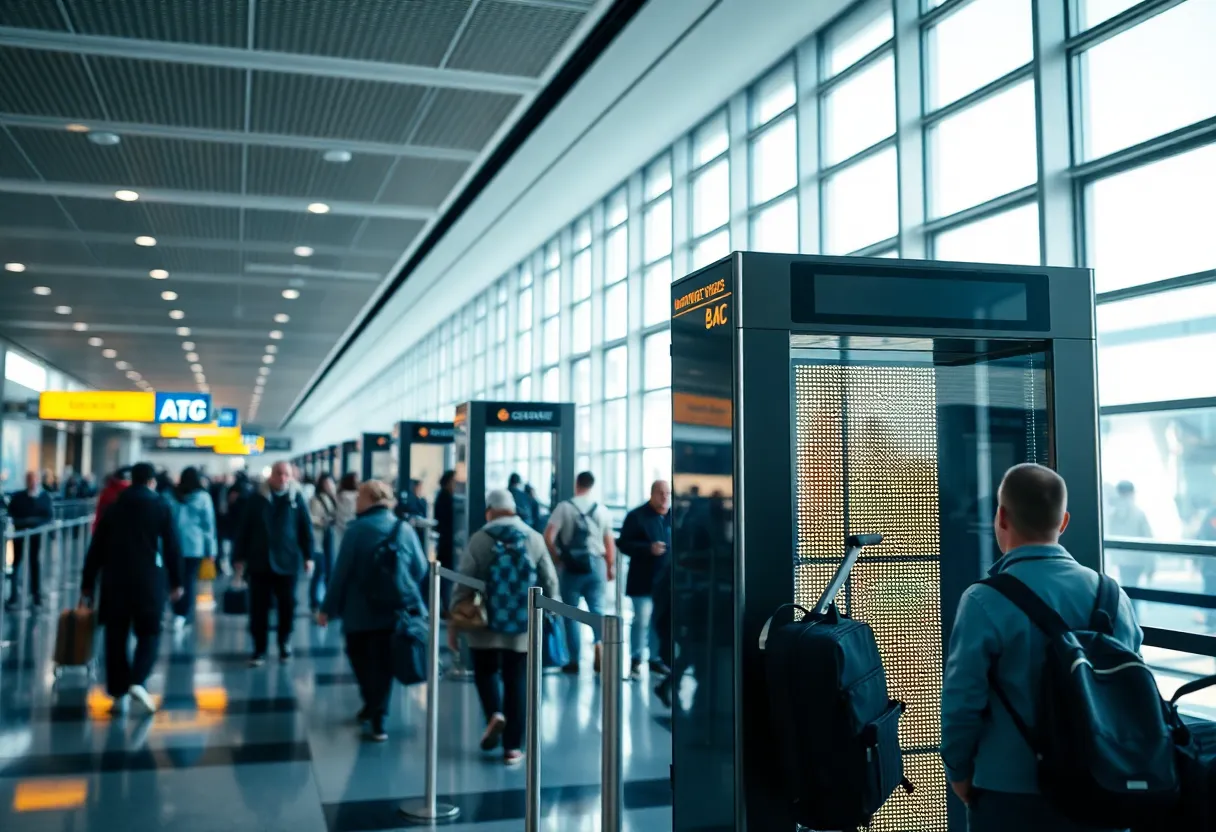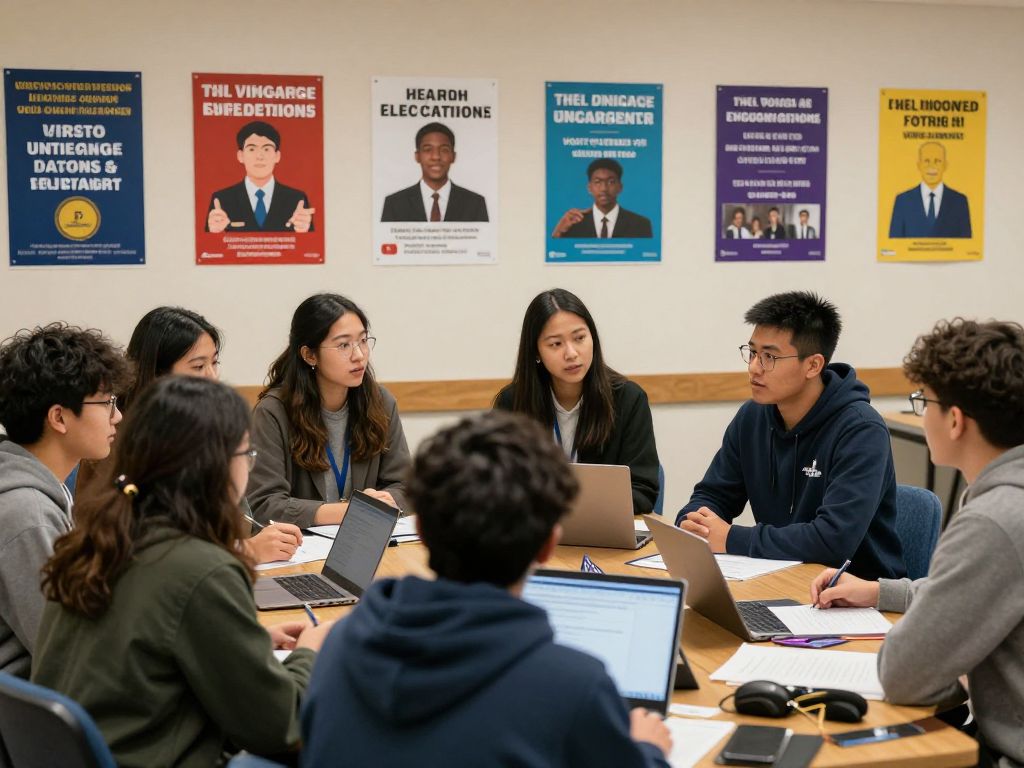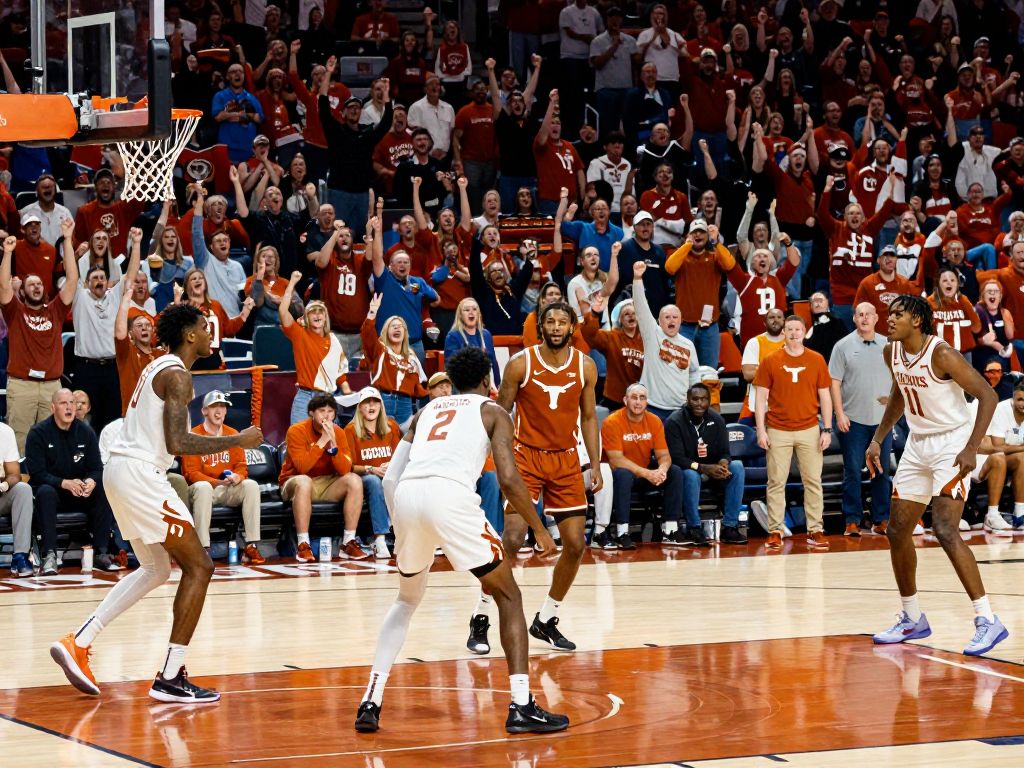News Summary
A prominent French scientist was denied entry to the U.S. while traveling to a conference in Houston. The incident raises concerns about academic freedom and political expression, as the DHS cites national security as the reason, amidst claims of politicallycharged messages. The French Minister plans to address the implications of this situation with European counterparts, emphasizing the need for dialogue on the balance between security and free inquiry.
Houston Welcomes Controversy: French Scientist Denied Entry Over Political Criticism
As the city of Houston buzzes with excitement over an upcoming science conference, a disconcerting incident unfolds in the background. A prominent French scientist, on his way to share his expertise, found himself turned away at the border, causing ripples of concern around issues of free research and expression.
A Bump in the Road
The scientist was headed to an important event just outside Houston when he was halted by U.S. customs officials. What followed has raised serious eyebrows. Reports indicated that his electronic devices contained messages deemed “critical” of the Trump administration. This disclosure came from none other than the French Minister of Higher Education and Research. It brings to light a pressing question related to academic freedom and the right to express political opinions.
But there’s a twist. The U.S. Department of Homeland Security (DHS) wasted no time in rejecting the French government’s claims, deeming them as “blatantly false.” According to DHS, they had a compelling reason for the scientist’s denial of entry: he held confidential information from the Los Alamos National Laboratory on his devices, which he allegedly took without the required permissions. This situation unfolds like a subplot from a thrilling novel, but it’s all too real.
Free Research Under Siege?
The French Minister didn’t shy away from voicing his concerns. He expressed that this incident raises significant worries about the constraints impacting free academic research within the U.S. He plans to gather European ministers to discuss these limitations further. It is a vital conversation, as collaboration and exchanging ideas are the bedrocks of scientific advancement.
The DHS spokesperson added another layer to the situation by indicating that the researcher’s politically charged texts regarding the Trump administration linked back to a breach of a nondisclosure agreement. This begs the question: how does a government balance national security and the right to free speech, especially at its borders?
The Big Picture
Legal experts are diving deep into this matter. They’re drawing attention to an observable expansion in U.S. border search powers and how this affects individual freedoms. U.S. Customs and Border Protection (CBP) holds the authority to delve into personal belongings, a power that conveniently sidesteps the Fourth Amendment protections typically given to U.S. citizens and visitors alike. While statistics show that CBP only searched the electronic devices of less than 0.01% of arriving international travelers in 2024, the implications of any such scrutiny become even more profound when political views come into play.
Legal scholars, including those from the University of Houston Law Center, are worried. They suggest that previous administrations would have likely refrained from denying entry to individuals merely based on political disagreements. Such actions can send a chilling message to scholars and researchers worldwide, sparking fears about the freedom to express dissenting opinions.
Advising Caution
In light of this incident, immigration attorneys are now advising clients to scrub their social media accounts clean of any posts that could be interpreted as critical of the U.S. government. It’s a strange new approach that reflects the changing landscape of international relations.
Previous incidents have witnessed similar scrutiny for individuals whose views didn’t align perfectly with current U.S. policies. As the DHS emphasizes their commitment to upholding longstanding immigration laws, the implications of these evolving policies spark concerns about a potential pattern of denial based on one’s public persona or political views.
A Call to Action
The stakes are high. If the U.S. continues along this path, it may set a precedent that challenges the fabric of academic freedom. The French Minister’s intent to address these concerns with European counterparts signifies a critical turning point. With each restriction imposed, the space for collaborative research may shrink—leaving scholars to navigate not only the technicalities of their field but the intricate dance of civil liberties and governmental policy.
As our world grows increasingly interlinked, it becomes more crucial to discuss how we can foster an environment that encourages free expression and collaboration. The road ahead promises to be complex, and it’s one that will require the attention of not just scientists and politicians, but all of us who care about the preservation of open inquiry and discourse.
Deeper Dive: News & Info About This Topic
HERE Resources
Additional Resources
- Houston Chronicle
- New York Times
- Wikipedia: Academic Freedom
- Reuters
- Encyclopedia Britannica: Freedom of Speech

Author: STAFF HERE HOUSTON TX WRITER
The HOUSTON STAFF WRITER represents the experienced team at HEREHouston.com, your go-to source for actionable local news and information in Houston, Harris County, and beyond. Specializing in "news you can use," we cover essential topics like product reviews for personal and business needs, local business directories, politics, real estate trends, neighborhood insights, and state news affecting the area—with deep expertise drawn from years of dedicated reporting and strong community input, including local press releases and business updates. We deliver top reporting on high-value events such as Houston Livestock Show and Rodeo, Art Car Parade, and Chevron Houston Marathon. Our coverage extends to key organizations like the Greater Houston Partnership and Houston Area Urban League, plus leading businesses in energy and healthcare that power the local economy such as ExxonMobil, Schlumberger, and Houston Methodist. As part of the broader HERE network, including HEREAustinTX.com, HERECollegeStation.com, HEREDallas.com, and HERESanAntonio.com, we provide comprehensive, credible insights into Texas's dynamic landscape.





